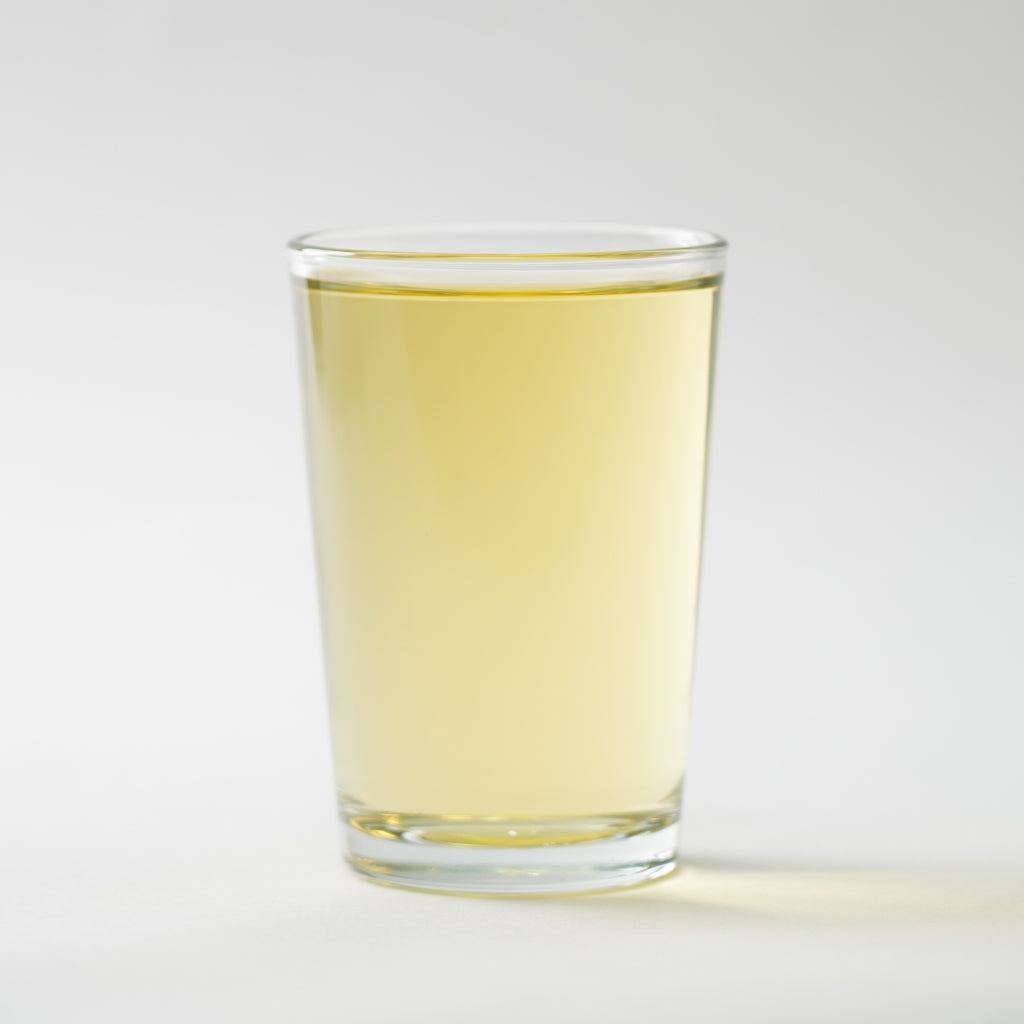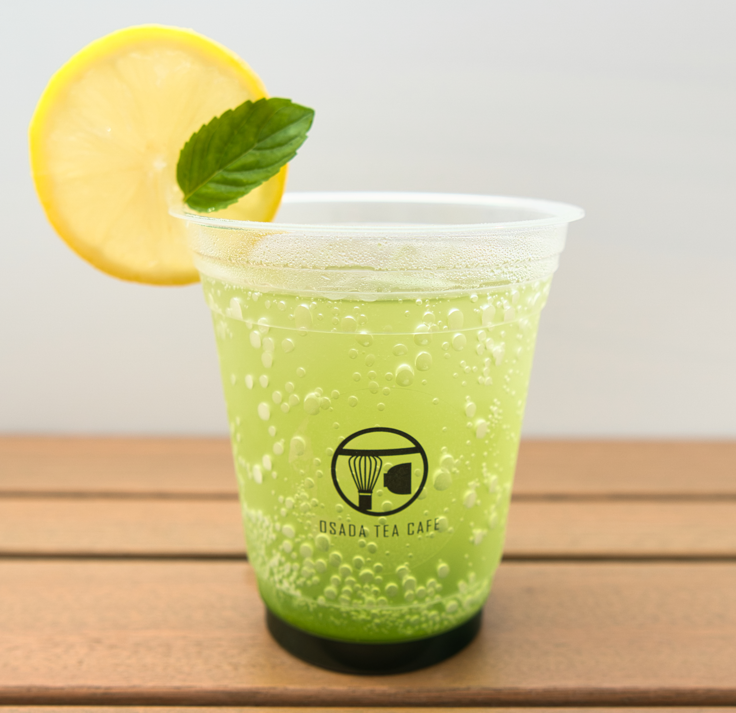
How to brew Japanese tea with less caffeine extraction

Japanese tea, especially green tea, is known for its distinct flavor, aroma, and health benefits. However, it also contains caffeine, which some people may want to limit their intake of. Fortunately, there are ways to brew Japanese tea with less caffeine extraction. Here are some tips to help you get started:

Choose a tea with lower caffeine content
Not all Japanese teas are created equal when it comes to caffeine content. Gyokuro and Matcha have higher caffeine content than Sencha, for example. Therefore, you can choose a tea with lower caffeine content, such as Sencha, to start with.
Use cooler water temperature
Caffeine is extracted more easily in hot water than in cooler water. Therefore, you can use cooler water temperature to reduce caffeine extraction. For Japanese green tea, the recommended water temperature is between 70°C to 80°C (158°F to 176°F). You can experiment with the water temperature to find the one that suits your taste.
Shorten steeping time

The longer you steep the tea, the more caffeine will be extracted. Therefore, you can shorten the steeping time to reduce caffeine extraction. For Japanese green tea, the recommended steeping time is 1 to 2 minutes. However, you can experiment with the steeping time to find the one that suits your taste.
Use less tea leaves
Using less tea leaves will also reduce caffeine extraction. For example, if you normally use one teaspoon of tea leaves per cup, you can reduce it to half a teaspoon. Again, you can experiment with the amount of tea leaves to find the one that suits your taste.
Steep the tea multiple times

Japanese green tea can be steeped multiple times, and each time the caffeine extraction will be less than the previous one. Therefore, you can steep the tea multiple times to further reduce caffeine extraction. You can experiment with the number of times you steep the tea to find the one that suits your taste.
In summary, there are several ways to brew Japanese tea with less caffeine extraction. You can choose a tea with lower caffeine content, use cooler water temperature, shorten steeping time, use less tea leaves, and steep the tea multiple times. By experimenting with these methods, you can enjoy the unique flavor and aroma of Japanese tea while limiting your caffeine intake.

Caffeine can have several positive effects on the body when consumed in moderation. Here are some of the ways in which caffeine can be beneficial:
-
Increased alertness and concentration
Caffeine is a stimulant that can help improve mental alertness and concentration. It works by blocking the action of adenosine, a neurotransmitter that promotes sleep and suppresses arousal.
-
Improved physical performance
Caffeine has been shown to improve physical performance by reducing fatigue and increasing endurance. It works by stimulating the central nervous system, which can help delay fatigue and improve muscle strength.
-
Boosted metabolism and weight loss
Caffeine has been shown to increase metabolic rate and fat burning, which can help with weight loss. It works by stimulating the nervous system and increasing the release of adrenaline, which can increase energy expenditure.
-
Reduced risk of certain diseases
Caffeine has been associated with a reduced risk of certain diseases, including Parkinson's disease, Alzheimer's disease, and liver disease. It is believed that caffeine's antioxidant properties may help protect against these diseases.
-
Improved mood and mental health
Caffeine has been shown to have mood-enhancing effects, including reducing symptoms of depression and anxiety. It works by increasing the production of neurotransmitters such as dopamine and serotonin, which are associated with positive mood.

It is important to note that while caffeine can have these positive effects, consuming too much caffeine can also have negative effects on the body, such as increased anxiety, restlessness, and insomnia. Therefore, it is recommended to consume caffeine in moderation and to be mindful of its effects on your body.


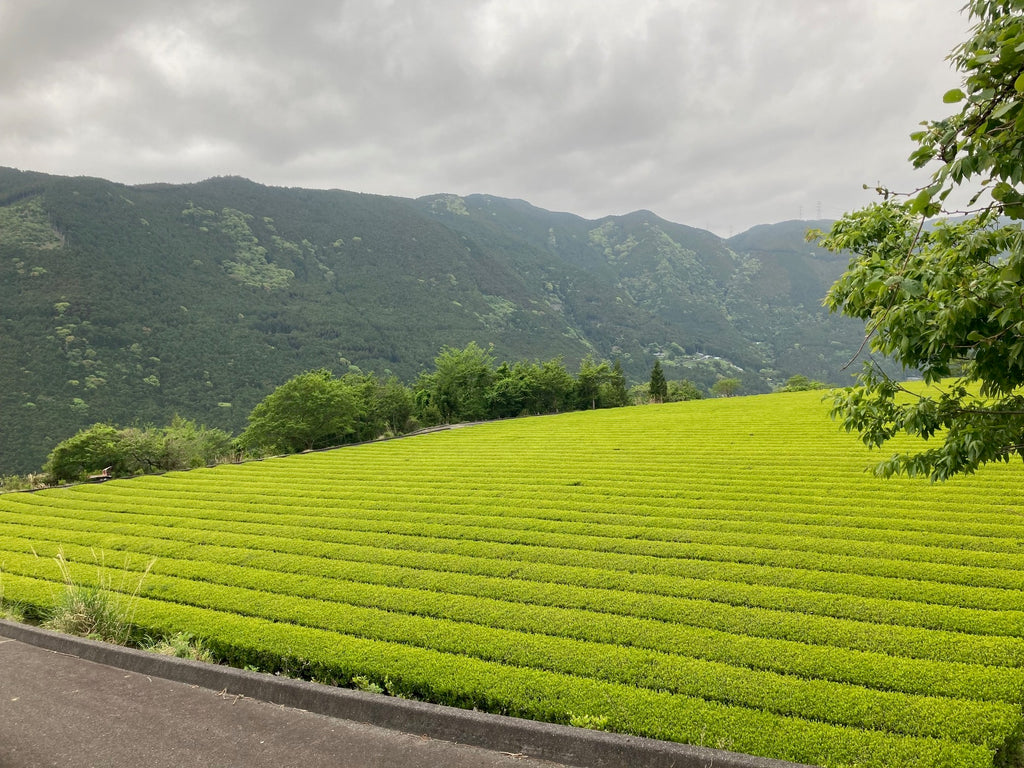
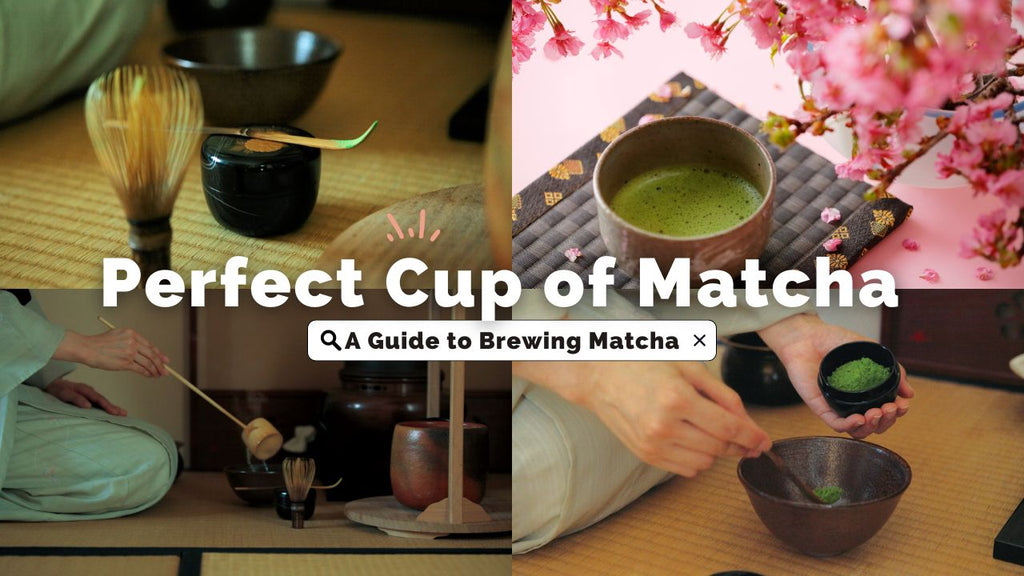
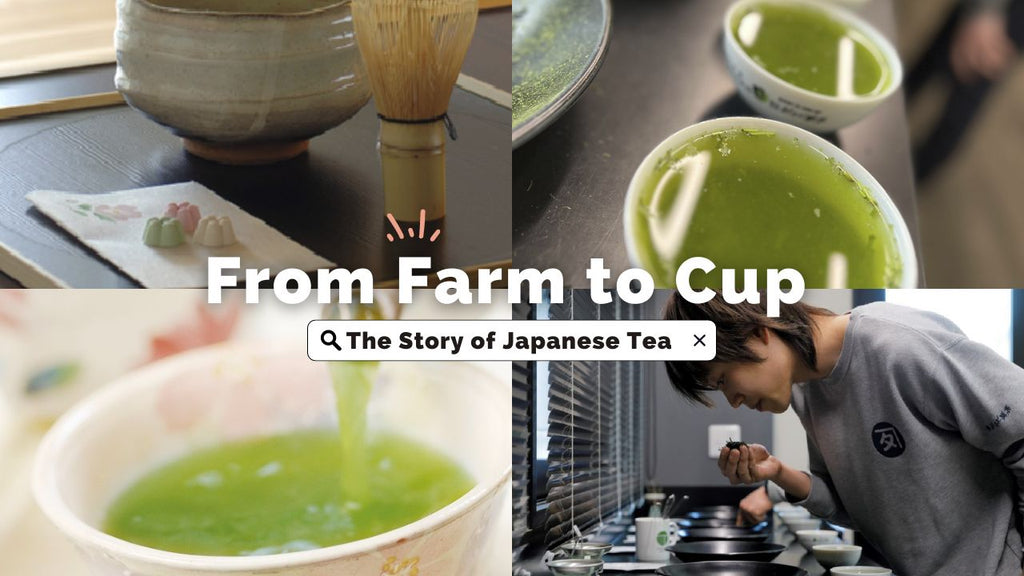
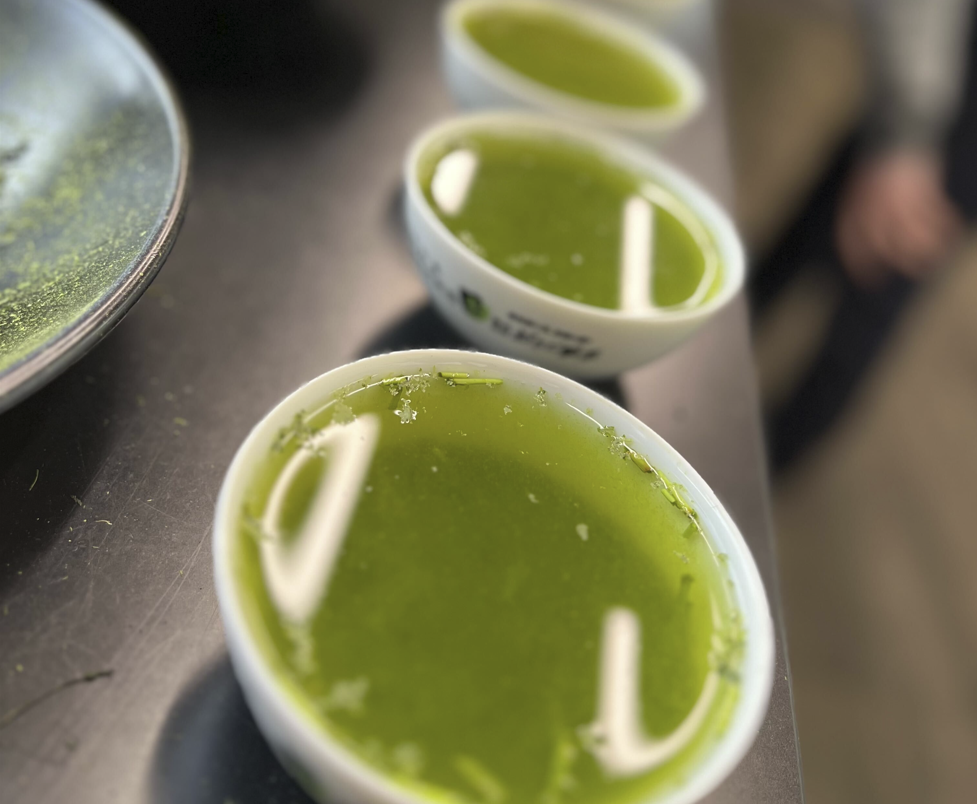

![[OT-10] MATCHA KOSHUN (20g/0.7oz)](http://osadateajapan.com/cdn/shop/products/OT-10-1-_1.jpg?v=1673502690)
![[OT-04] MATCHA NONO (20g/0.7oz)](http://osadateajapan.com/cdn/shop/products/OT-04-1-_1.jpg?v=1673502659)
![[OT-11] MATCHA OKUMIDORI (20g/0.7oz)](http://osadateajapan.com/cdn/shop/products/OT-11-1-_1.jpg?v=1673502695)
![[OT-09] MATCHA SAEAKARI (20g/0.7oz)](http://osadateajapan.com/cdn/shop/products/OT-09-1-_1.jpg?v=1673502685)
![[OT-01] MATCHA SAMIDORI TEZUMI (20g/0.7oz)](http://osadateajapan.com/cdn/shop/products/OT-01-1-c6043315-f32d-4781-9b40-c902247ddea9-_1.jpg?v=1673502644)
![[OT-02] ORGANIC NISHI MATCHA OKUMIDORI (20g/0.7oz)](http://osadateajapan.com/cdn/shop/products/OT-02-1-_1.jpg?v=1673502648)
![[OT-05] ORGANIC NISHI MATCHA TSUYUHIKARI (20g/0.7oz)](http://osadateajapan.com/cdn/shop/products/OT-05-1-_1.jpg?v=1673502663)
![[OT-16] ORGANIC MATCHA HAMANASU (20g/0.7oz)](http://osadateajapan.com/cdn/shop/products/OT-16-1-_1.jpg?v=1673502719)
![[OT-61] ORGANIC BANCHA (30g/1oz)](http://osadateajapan.com/cdn/shop/products/OT-61-1-_1.jpg?v=1673502855)
![[OT-58] ORGANIC GENMAICHA (30g/1oz)](http://osadateajapan.com/cdn/shop/products/OT-58-1-_1.jpg?v=1673502847)
![[OT-34] ORGANIC GYOKURO OKUMIDORI (30g/1oz)](http://osadateajapan.com/cdn/shop/products/OT-34-1-_1.jpg?v=1673502781)
![[OT-33] ORGANIC GYOKURO SAEMIDORI (30g/1oz)](http://osadateajapan.com/cdn/shop/products/OT-33-1-_1.jpg?v=1673502778)
![[OT-56] ORGANIC MATCHA GENMAICHA (30g/1oz)](http://osadateajapan.com/cdn/shop/products/OT-56-1-_1.jpg?v=1673502843)
![[OT-43] ORGANIC OKUMIDORI KABUSECHA (30g/1oz)](http://osadateajapan.com/cdn/shop/products/OT-43-1-_1.jpg?v=1673502808)
![[OT-40] ORGANIC SENCHA AG TSUYUHIKARI (30g/1oz)](http://osadateajapan.com/cdn/shop/products/OT-40-1-_1.jpg?v=1673502801)
![[OT-39] ORGANIC SENCHA HIRAKI ASAMUSHI (30g/1oz)](http://osadateajapan.com/cdn/shop/products/OT-39-1-_1.jpg?v=1673502798)
![[OT-27] ORGANIC OOLONGTEA GOKOU (30g/1oz)](http://osadateajapan.com/cdn/shop/products/OT-27-1-_1.jpg?v=1673502764)
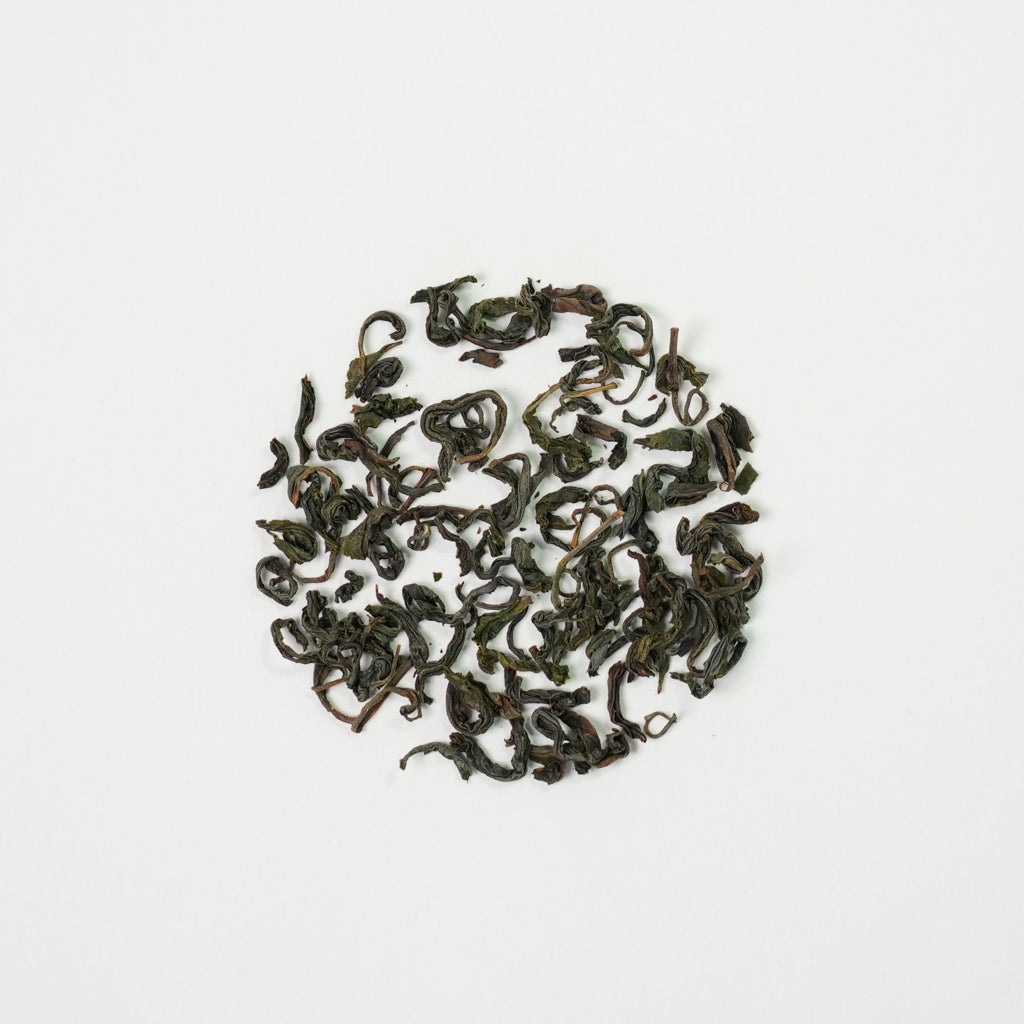
![[OT-28] ORGANIC OOLONGTEA KURASAWA (30g/1oz)](http://osadateajapan.com/cdn/shop/products/OT-28-1-1-_1.jpg?v=1673502766)
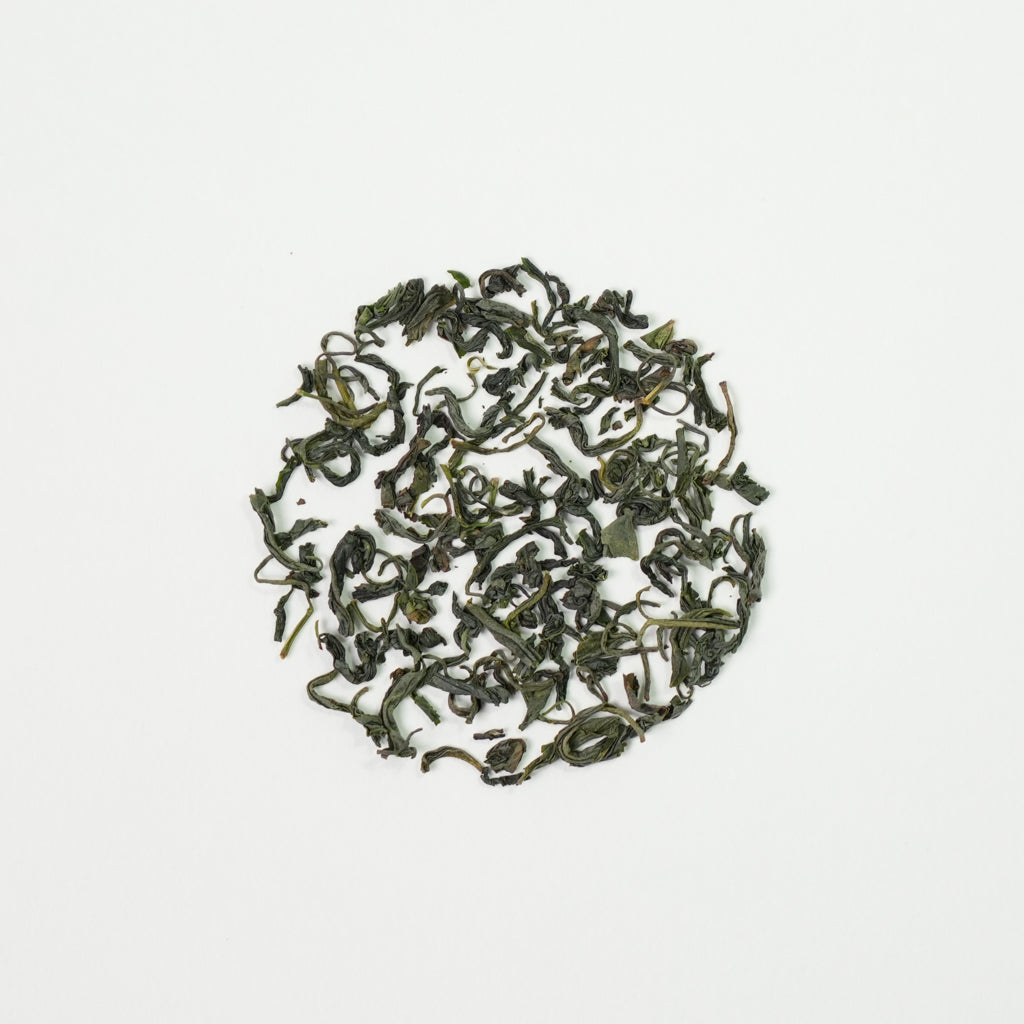
![[OT-31] ORGANIC OOLONGTEA SURUGAWASE SF (30g/1oz)](http://osadateajapan.com/cdn/shop/products/OT-31-1-_1.jpg?v=1673502772)
![[OT-26] ORGANIC OOLONGTEA TSUYUHIKARI (30g/1oz)](http://osadateajapan.com/cdn/shop/products/OT-26-1-_1.jpg?v=1673502762)
![[OT-29] ORGANIC OOLONGTEA ZAIRAI FF (30g/1oz)](http://osadateajapan.com/cdn/shop/products/OT-29-1-_1.jpg?v=1673502768)
![[OT-30] ORGANIC OOLONGTEA ZAIRAI SF (30g/1oz)](http://osadateajapan.com/cdn/shop/products/OT-30-1-_1.jpg?v=1673502770)
![[OT-04] MATCHA NONO (20g/0.7oz)](http://osadateajapan.com/cdn/shop/products/OT-04-5.jpg?v=1671249709)
![[OT-01] MATCHA SAMIDORI TEZUMI (20g/0.7oz)](http://osadateajapan.com/cdn/shop/products/OT-01-5_504055a4-6c55-440d-af84-58b806fd5bf5.jpg?v=1671136783)
![[OT-32] ORGANIC BLACKTEA BENIFUUKI (30g/1oz)](http://osadateajapan.com/cdn/shop/products/OT-32-1-_1.jpg?v=1673502774)
![[OT-32] ORGANIC BLACKTEA BENIFUUKI (30g/1oz)](http://osadateajapan.com/cdn/shop/products/OT-32-5.jpg?v=1671250277)
![[OT-50] ORGANIC KAMAIRICHA FF (30g/1oz)](http://osadateajapan.com/cdn/shop/products/OT-50-1-_1.jpg?v=1673502826)
![[OT-50] ORGANIC KAMAIRICHA FF (30g/1oz)](http://osadateajapan.com/cdn/shop/products/OT-50-5.jpg?v=1671250984)
![[OT-14] ORGANIC MATCHA KAKITSUBATA (20g/0.7oz)](http://osadateajapan.com/cdn/shop/products/OT-14-1-_1.jpg?v=1673502708)
![[OT-14] ORGANIC MATCHA KAKITSUBATA (20g/0.7oz)](http://osadateajapan.com/cdn/shop/products/OT-14-5.jpg?v=1671249965)
![[OT-07] ORGANIC MATCHA KOIAI (20g/0.7oz)](http://osadateajapan.com/cdn/shop/products/OT-07-1-_1.jpg?v=1673502675)
![[OT-07] ORGANIC MATCHA KOIAI (20g/0.7oz)](http://osadateajapan.com/cdn/shop/products/OT-07-5.jpg?v=1671249758)
![[OT-27] ORGANIC OOLONGTEA GOKOU (30g/1oz)](http://osadateajapan.com/cdn/shop/products/OT-27-5.jpg?v=1671250166)
